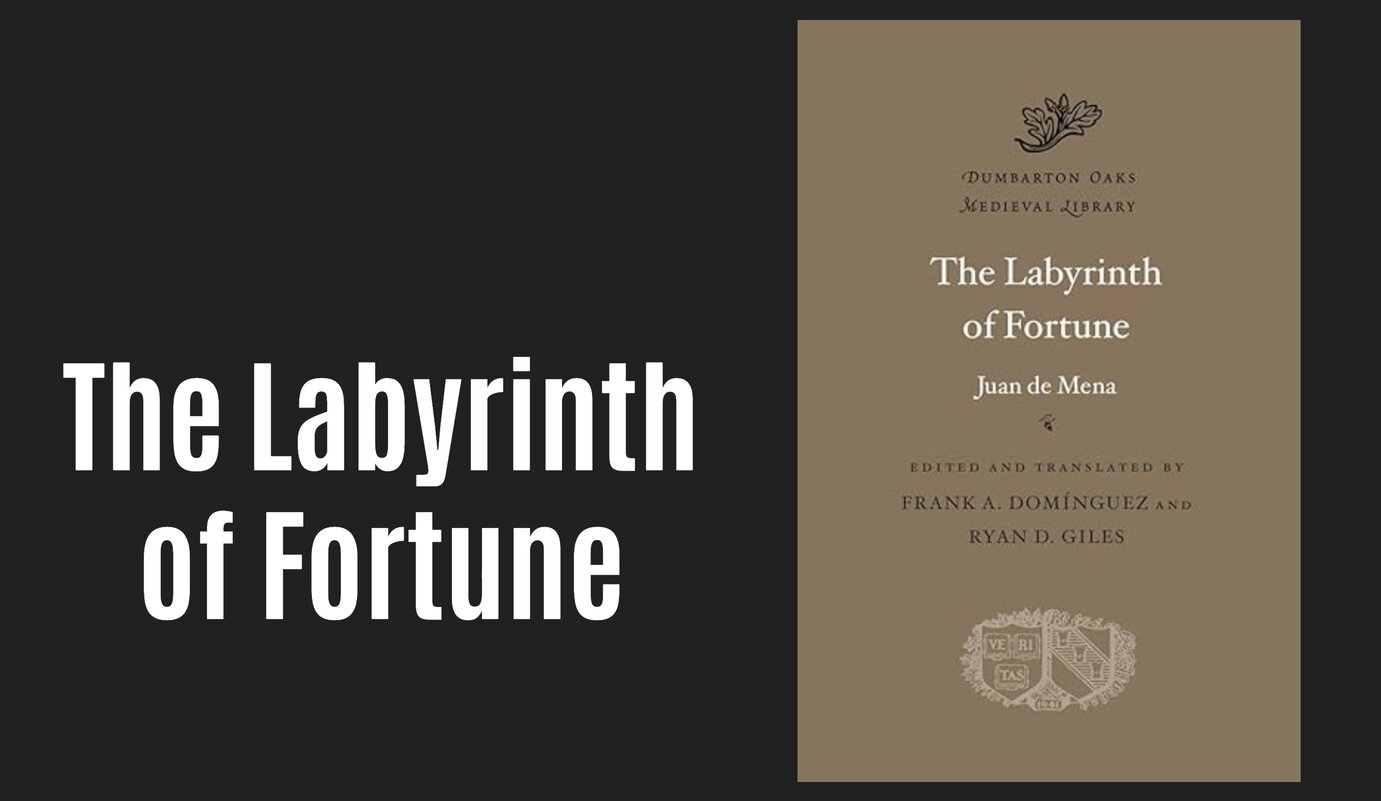
"The most translated Castilian compositions of the fifteenth century into English deal with love, death, or consolation, themes that are easily understood because we have all experienced them. These poems also tend to be shorter and written in simple lines of eight syllables or less. This is not the case with Juan de Mena's The Labyrinth of Fortune ( El Laberinto de Fortuna, 1444)."
"This fifteenth-century epic, presented with both its text and translation, offers a journey akin to Dante's Divine Comedy -yet beneath its allegory lies a pointed commentary on the turmoil gripping Castile during this period. This work, which enjoyed considerable popularity in the fifteenth and sixteenth centuries, will be of particular interest to those studying late medieval literature. For anyone researching fifteenth-century Spain, especially the reign of Juan II of Castile (1406-1454), this book is an essential resource."
The Labyrinth of Fortune is a fifteenth-century Castilian epic presented with both its original text and a new English translation. The poem stages an allegorical journey comparable to Dante's Divine Comedy while delivering a pointed commentary on political turmoil in Castile under Juan II. Its considerable length, intricate structure, and complex form limited earlier translation efforts despite long-standing recognition as the century's most important work. The poem enjoyed popularity in the fifteenth and sixteenth centuries. The edition includes scholarly editing by Frank A. Domínguez and Ryan D. Giles and serves as a vital resource for scholars of late medieval Spanish literature and fifteenth-century Castile.
Read at Medievalists.net
Unable to calculate read time
Collection
[
|
...
]